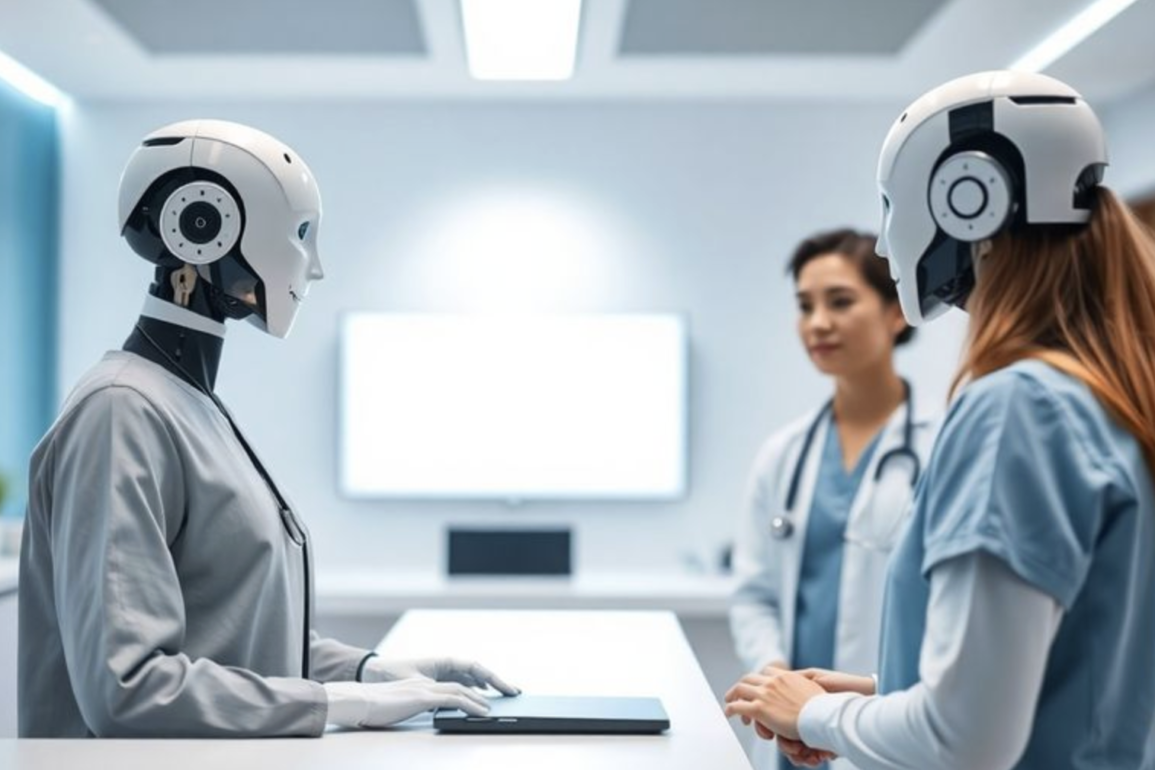In 2025, the phone is still king in American healthcare. Eight in ten patients pick it up to call their doctors, often to be met with hold music, endless menus, or a promise that someone will call them back days later. On the other side of the line, front desk staff are stretched thin, morale is low, and every call feels like a small battle.
Confido Health, a New York–based startup, thinks artificial intelligence can make that experience better. The company on Monday announced a $10 million Series A funding round led by Blume Ventures, with backing from Together Fund, DeVC, Medmountain Ventures and several strategic healthcare operators. That brings its total funding to $13 million.
The company’s pitch is straightforward: replace the phone tree with AI voice agents that answer on the first ring, authenticate callers, check insurance, and resolve requests — whether that means booking an appointment, sending a refill, or giving a referral. When the system can’t handle a request, it transfers the caller to a human. Everything gets logged back into the electronic health record.
In a market where, by some estimates, less than half of patient calls are resolved on the first try, the promise is tempting. “Healthcare is at an inflection point,” said Chetan Reddy, Confido’s co-founder and CEO. “Labor shortages and rising patient demand mean practices can’t keep scaling front desks the way they used to. At the same time, building AI for healthcare isn’t like other industries — it requires deep empathy for both staff and patients. Our agents are designed to support people, not replace them.”
The company claims it has grown tenfold in the past eight months, serving over a million patients, up from 150,000 late last year. Customers like Dallas Renal Group say it works: “Confido has helped make access faster, smoother, and far less stressful for everyone,” said Srinivas Danda, the group’s COO. Wait times reportedly dropped from minutes to 15 seconds, and staff saved 50 hours in a single week.
Investors are bullish. “Healthcare especially in the US is ripe for AI-led transformation,” said Sanjay Nath, a partner at Blume Ventures. Shubham Gupta of Together Fund added that Confido is tackling “the communication bottlenecks that EHRs and legacy vendors have consistently failed at.”
But skeptics might note the larger context. Startups have been promising to reinvent the “front door” of healthcare for years, from chatbots to scheduling apps, often overselling how much patients actually want to talk to machines. While Confido insists its agents are “human-like,” it remains to be seen if patients will accept an AI voice in moments that often involve stress, urgency, or fear.
There’s also a question of equity. Automated systems may improve efficiency for multi-site operators and private equity–backed groups — a major target market for Confido — but for patients without stable access to care, technology alone doesn’t solve the underlying barriers. And while the company stresses it doesn’t want to replace staff, widespread automation almost inevitably changes the balance of human jobs in the healthcare system.
Reddy frames the company’s vision more broadly: “Phones remain the front door of healthcare, and Confido exists to make sure they open instantly, every time.” The question is whether patients and the workers who serve them, will feel the same sense of relief when it’s an algorithm picking up on the other end.



